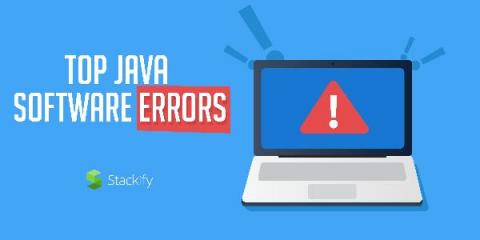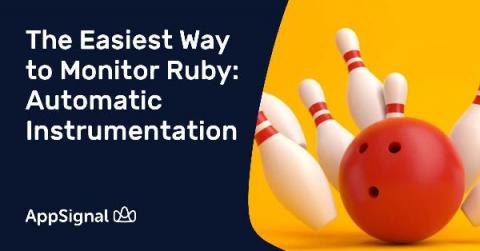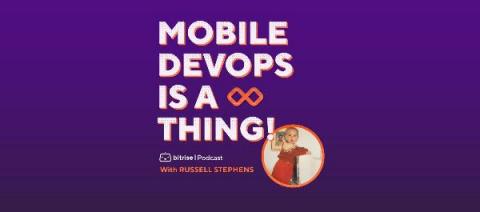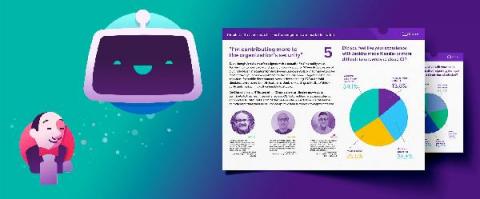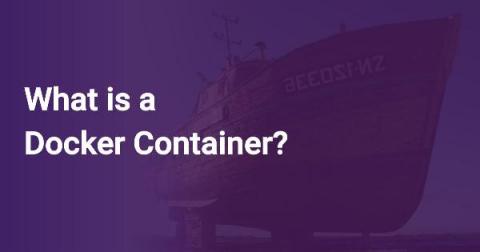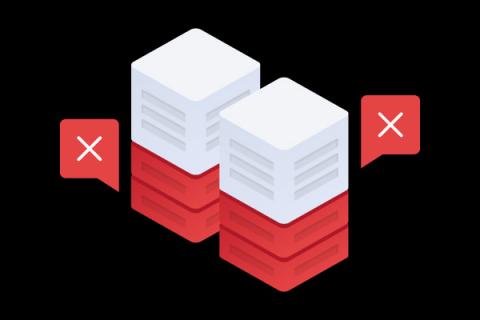Systems | Development | Analytics | API | Testing
Development
Top Java Software Errors: 50 Common Java Errors and How to Avoid Them
Imagine, you are developing Java software and suddenly you encounter an error? Where could you have possibly gone wrong? There are many types of errors that you will encounter while developing Java software, but most are avoidable. Some errors are minor lapses when writing codes but that is very much mendable. If you have an error monitoring tool such as Stackify Retrace, you can write codes with ease.
How To Keep Developers Moving Fast From The First Line Of Code To Production (And Beyond)
Troubleshooting customer issues in production is a difficult job. These are the issues that impact the business the most, so consequently, stress levels are almost always at a high. And it’s never fun to be measured against an SLA, which feels like you’re stuck in a losing battle. And it’s especially hard in the world of microservices and Kubernetes, because it’s so difficult to recreate a reliable replica of production in your local development environment.
The Easiest Way to Monitor Ruby: Automatic Instrumentation
Setting up a proper monitoring overview over your application’s performance is a complex task. Normally, you’d first need to figure out what you need to monitor, then instrument your code, and finally make sense of all the data that has been emitted. However, with a few things set in place, and an APM that natively supports Ruby, it’s easier than ever to take this step. In this post, we’ll show you how you can do it too.
Building mobile infrastructure with Russell Stephens
In the latest episode of our podcast, we talked to Russell Stephens from Compass about building mobile infrastructure, the evolution from self-hosted Jenkins to the cloud, and streamlining CI processes.
Report: 6 lessons from engineers for migrating your mobile CI from Jenkins to Bitrise
Jenkins is the world’s most popular CI/CD software, but — for a number of reasons — sees teams increasingly switch to cloud CI. What happens to all those Jenkins experts when teams
What is a Docker Container?
The rapid pace of updates and upgrades to operating systems, software frameworks, libraries, programming language versions – a boon to the future of fast-paced software development, has also come to slightly bite us in the back because of having to manage these very many dependencies with their different versions across different environments.
Infographic: The State of Software Code
We surveyed nearly 1,000 developers across the U.S. to uncover key development trends and insights. Today’s businesses are software businesses. If there was any positive in 2020, it’s the power software has to allow us to continue in some “normal” sense. Learn how this survey uncovers how too many companies and their development teams still have a major blind spot when it comes to errors in their code.
Creating your managed Kafka shortlist
You’ve been handed the not-so-easy task of scoping a managed Kafka for your team. How do you start the shortlist? Post something on Reddit? Skim read a gazillion review blogs? Crash Google Chrome opening a thousand tabs to compare feature lists? If you’re going to run a Kafka POC with two or three vendors, or you’re trying to find the best Kafka for your business, how can you narrow down your selection? Let’s get to it.
The Easy Ways to Migrate Jira to an on-Prem Solution
By now you've heard that Atlassian is deprecating its server products. For Jira users who cannot or do not want to move to the Cloud, this is troubling news. Data Center is an option, but it's quite an expensive alternative if you do not need its minimum 500 users. Then again, it's quite disruptive to migrate to a new tool, isn't it? No one wants to interrupt their workflow by changing tools — especially one that is so central to daily operations. But it does not have to be so scary.



